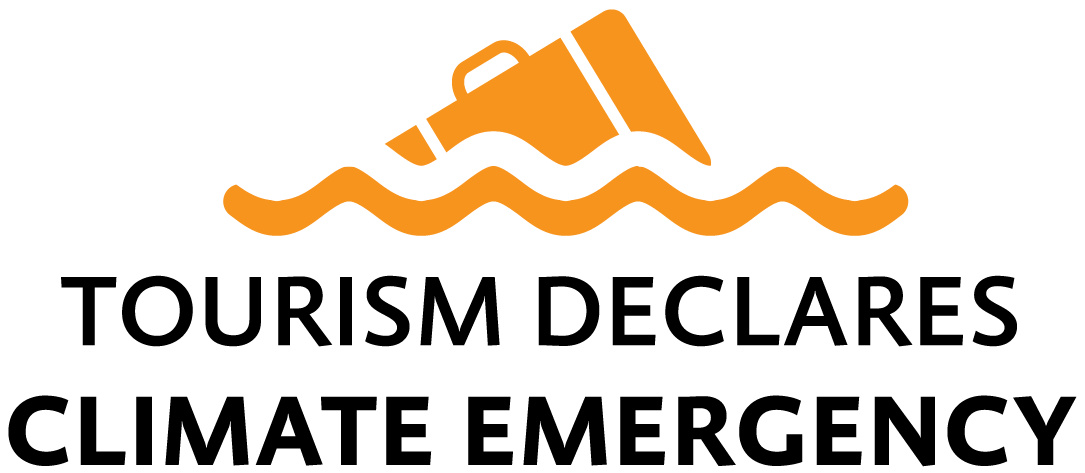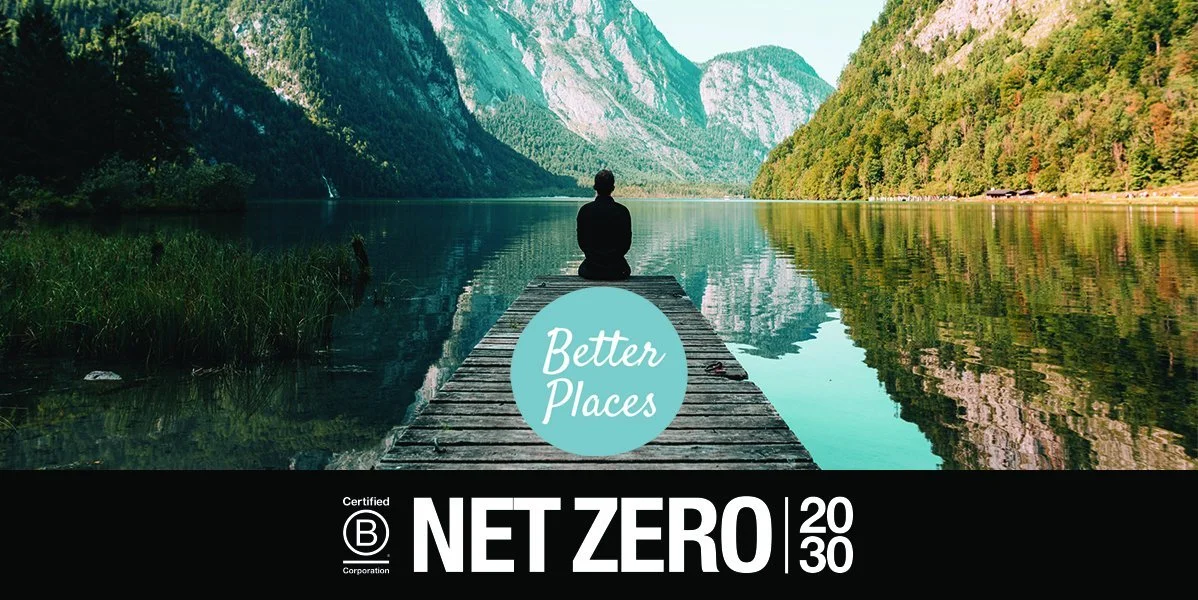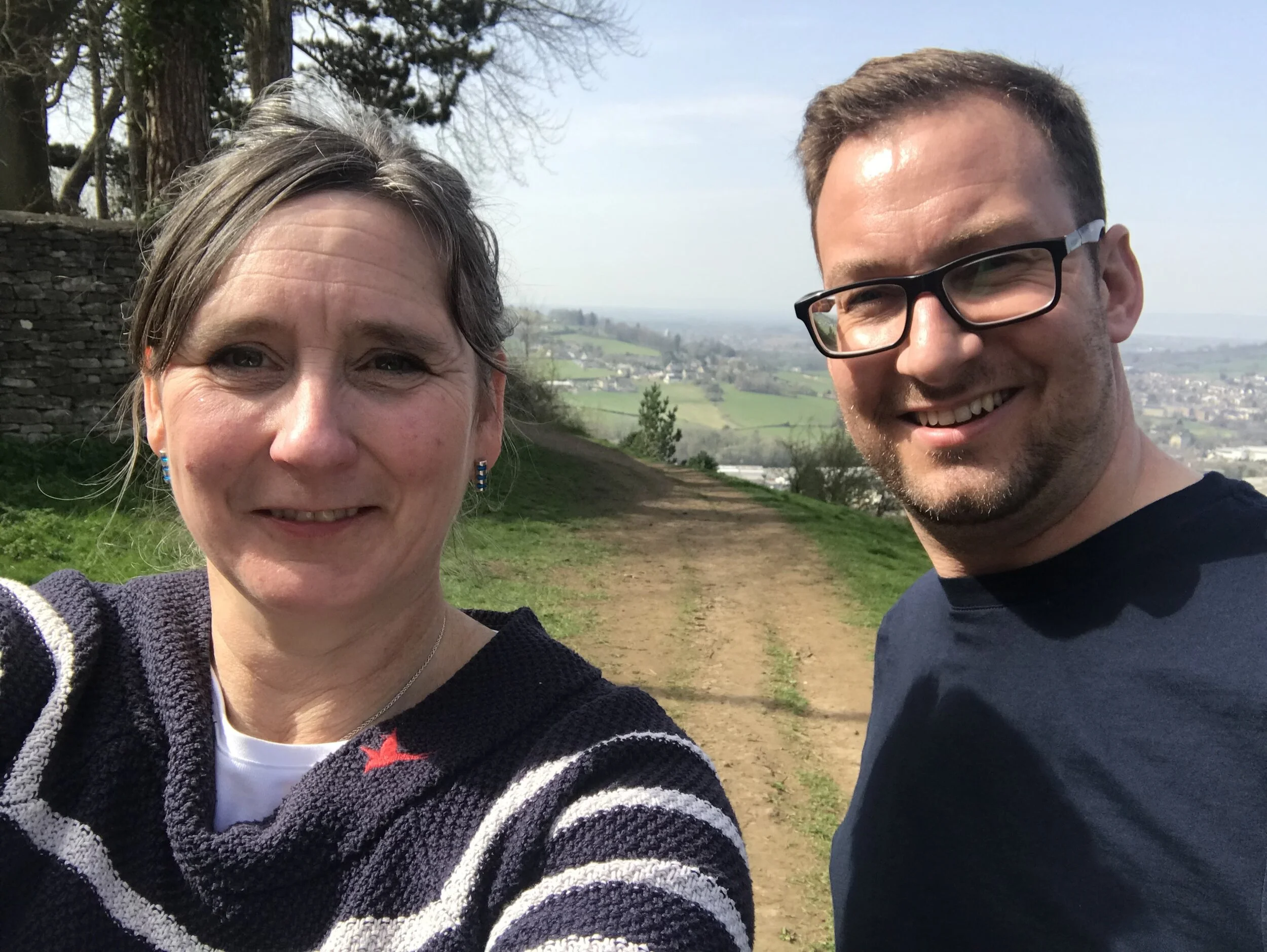Putting community at the heart of your strategy, with Visit Gloucestershire
The first regional Destination Management Organisation (DMO) in Europe to have made a Declaration, Visit Gloucestershire puts community at the heart of its strategy. Their recovery plans aim to enhance the local economy, create local jobs and support rural communities while minimising the impact on the environment. Etain O’Carroll spoke to Steve Gardner-Collins and Hannah McDonnell about their community-first approach.
The Visit Gloucestershire Partnership is a relatively young initiative, how did you get started?
Steve: We formed in February 2020 because we felt we needed a joined-up approach to address issues within the tourism landscape in Gloucestershire. At that stage, everything was very fragmented with six districts with six different strategies. We realised it made sense to work collaboratively and create a shared agenda for tourism, taking a responsible approach and a more holistic look at what tourism meant for the county.
Hannah: It's been a really interesting journey. I work in responsible tourism in Stroud, a community with a strong environmental and campaigning focus – it’s the home of Extinction Rebellion (XR) – but noticed that in the last three to four years only the key tourist destinations were receiving any support or funding. It just didn’t sit right with me. So bringing the private, public and community sectors together to think more strategically about what we were doing and to engage on climate change seemed like the right thing to do.
What motivated you to make a Declaration?
Steve: All Gloucestershire councils had already declared a climate emergency and we wanted to do something in line with this, but mainly our decision was based on a core commitment to build back better and to protect the environment. We have a vision for the future of responsible tourism in Gloucestershire and how sustainability, inclusivity and communities will be our priorities.
The issue for businesses, however, is that economic recovery will be at the forefront of their minds. We hope that by integrating environmental protection into our Covid recovery strategy, there is more chance of businesses being able to commit too. So, declaring a climate emergency was timely and appropriate and represents a commitment across the industry to rebuild responsibly.
What challenges do you face in developing a Climate Action Plan and putting it into action?
Steve: Declaring was our first step, and soon after we did that the pandemic turned everything on its head. We're launching our recovery plan for the visitor economy in the next few weeks and we’ll develop the Climate Action Plan in line with that, but it will be a challenging balance to strike between the needs of business recovery and environmental protection.
If global action is not taken, however, the climate emergency will quickly supersede the COVID crisis. We want to be part of the solution and inspire others in the process, because a robust and resilient county will be one that considered climate protection as a priority.
Does being a Community Interest Company (CIC) affect how you work?
Steve: Being a CIC means we exist primarily to benefit our community, rather than to make a profit for shareholders, and we’re not constrained by the local councils in any way. We work very differently from the councils. We don’t have to write a strategy or a policy every time we want to do something, and we’re not driven by politics.
We think holistically, and if we think something is right for the community we act on it. We’ve identified eight areas of focus and, as a not-for-profit, circular organisation, the divisions that can generate income, such as our visitor economy, can support other divisions such as education or community.
What are these key areas of focus?
Steve: In the early stages, we identified eight divisions in tourism that were areas of concern. For example, food and drink was an obvious one. We had been talking about issues with the supply chain but it suddenly became very obvious in lockdown when hospitality venues closed. The ripple effect within the local economy was huge. So we want to build a strong local supply chain, celebrate local food and drink and encourage residents as well as visitors to support local businesses.
Another area of focus is education and young people. We’ve started a Young Ambassadors programme to bring younger voices into our discussions and we’re working on career progression in the hospitality industry so work in a bar, restaurant or hotel is not just seen as a dead-end job. It’s all part of our plans for corporate social responsibility: we want to make sure that people understand the value of a career within hospitality once more.
We know from research that if we don’t act now on outward migration, that we soon won't have enough young people living here for it to be a sustainable economy. So we've built that into our model too.
Hannah: There was a survey a few years ago that examined why Gloucestershire has the highest levels of outward migration of young people, and there were some key themes that came out of this that we’re working on such as transport and connectivity, and employment and opportunity.
There's a lot of work to do for communities in this area, and that's part of our responsibility as a CIC to really think about that, celebrate what we've got to offer, and make people feel it's a resilient and robust place to live, work, and visit. We believe that if we make Gloucestershire a great place to live, we will make Gloucestershire a great place to visit.
Steve: We also have a strand called Rural Gloucestershire to support more isolated businesses which aims to go beyond connectivity and transport issues to the core of the problem. Digital Gloucestershire aims to give people a better digital experience of the county and to help local businesses to upskill, while Discover Gloucestershire aims to build back better in the sense of longer visits and more spend, to aid economic recovery. We need to uncover more of Gloucestershire, not just continue to see the same old focus in our marketing, because that doesn't benefit many businesses. If people knew everything they could do in the county, we could easily get extra night stays.
You also have an Area Hubs Strategy. What is that about?
Hannah: When we went into lockdown the team I work with at Creative Sustainability CIC responded proactively and we developed a research project in Stroud on community resilience. What we saw was how quickly grassroots action was able to take off in comparison to the public sector.
In response to that, we devised a plan to better connect the public sector to communities so resources could flow across the district. We researched local grassroots action and council strategy and built a professional development report for an Area Hubs Strategy which the District Council integrated into their recovery strategy, and the County Council are now considering rolling out across the county.
The resource hubs can be managed locally and we hope will build more resilient, robust and cohesive communities that are better placed to cope with shock and to ride the bigger wave of climate change that’s coming.
Do you think your location, in an area that’s known as a sustainability hub, has meant you’re better supported by the community and councils?
Steve: Stroud certainly has a reputation for this, but elsewhere in the county our experience is varied. Some people only care about their own business or town and can’t see that county-wide recovery and development feeds into their individual concerns and that it all has to knit together.
For us, it's not about thinking of Gloucestershire simply as a destination but thinking about tourism in a different way in order to work collaboratively so that strategies on waste or transport or town planning or education are bound up with tourism. We need to embed that consciousness about taking responsibility for climate across the board.
So how do you encourage change?
Steve: I think it’s often individuals, rather than organisations, that are the block to change. We need to expose the public sector to the urgency of the situation. We can’t sit here for 12 months developing an action plan, we haven't got 12 months!
Hannah: There is a tendency to focus on strategy building which has its place but needs to be complemented by realistic and actionable plans. It’s the doing that’s really important. It’s helpful to have a strategic approach and consolidate your thoughts, but it's the actions that really make the difference.
How does this approach fit in with the need to plan ahead?
Steve: We have to evolve to make a difference. We only wrote our Declaration a few weeks ago but we’ve already rethought some of our actions; our mindset evolves every time we speak to someone. If we set our objectives so that we can adapt and change, we can respond to what's happening on the ground.
Hannah: I think it is really important there's fluidity. We're a young organisation and we’re doing this because we're passionate about it and it's what we want to do which establishes a core culture. If the culture is there, all those action plans around climate, sustainability and responsibility are just woven into everything you do.
Do you feel there is a consensus that climate action must be built into tourism strategy?
Steve: Not really. Those that do not recognise it will be our key focus and our action plan will need to reflect that. Those that do will become best practice models and ambassadors that we will celebrate to inspire others.
Our aim is to support Gloucestershire in understanding the climate emergency and we're encouraging as many people as possible to take the climate course through our partner, AimHi. We don’t just want to take action ourselves, we want people to understand why we're doing it.
The more people who understand the climate emergency, the easier our job will be, and as our action plan is developed, everybody will be part of it, we won’t be doing it in isolation as an organisation, we’ll be doing it as an entire county.
How can tourism recover without sacrificing a commitment to sustainability?
Steve: Resetting public priorities is critical. These are incredibly challenging times for business, but a responsible recovery dedicated to climate action is key to building a robust and resilient county. We’ve been forced to think local in the last year, but we need to hold onto that attention to local detail, consider the local economy in supply chains and food miles, and harness positive behaviours adopted during the last 12 months. Demonstrating and communicating how visitor experiences have improved because of it will be crucial.
What opportunities for developing low carbon tourism are you exploring?
Hannah: Sustainable transport is a key pillar to our approach and we are working closely with Gloucestershire Community Rail Partnership to achieve this. The Community Rail Network is a national initiative that aims to link communities, planning departments and transport companies in order to contribute positively to the visitor experience and long-term economic sustainability.
It's an amazing initiative that encourages sustainable transport and active travel as well as improving access to public transport, employment, education and health facilities while reducing isolation.
It dovetails nicely with our broader plans with the train operating companies are now thinking more about leisure travel rather than just commuters. As part of it we’re developing local walking and cycling routes from rural stations with food trails encouraging residents and visitors to discover local farm produce for example.
Have you any advice for change makers meeting resistance from businesses or local councils?
Hannah: Be courageous! It's all about people, really, it's understanding people, and having the right people in the right jobs.
Steve: We understand the people we work with, and that’s not always true of the public sector, but I think finance and empowerment is holding many people back. People don’t know what to do or how to do it. Take the plunge and be responsible, we will support you!
Find out more about the Visit Gloucestershire Partnership.













Students get access to a range of online modules which they complete alongside the rest of their travel group prior to departure. Two focus on the climate crisis.